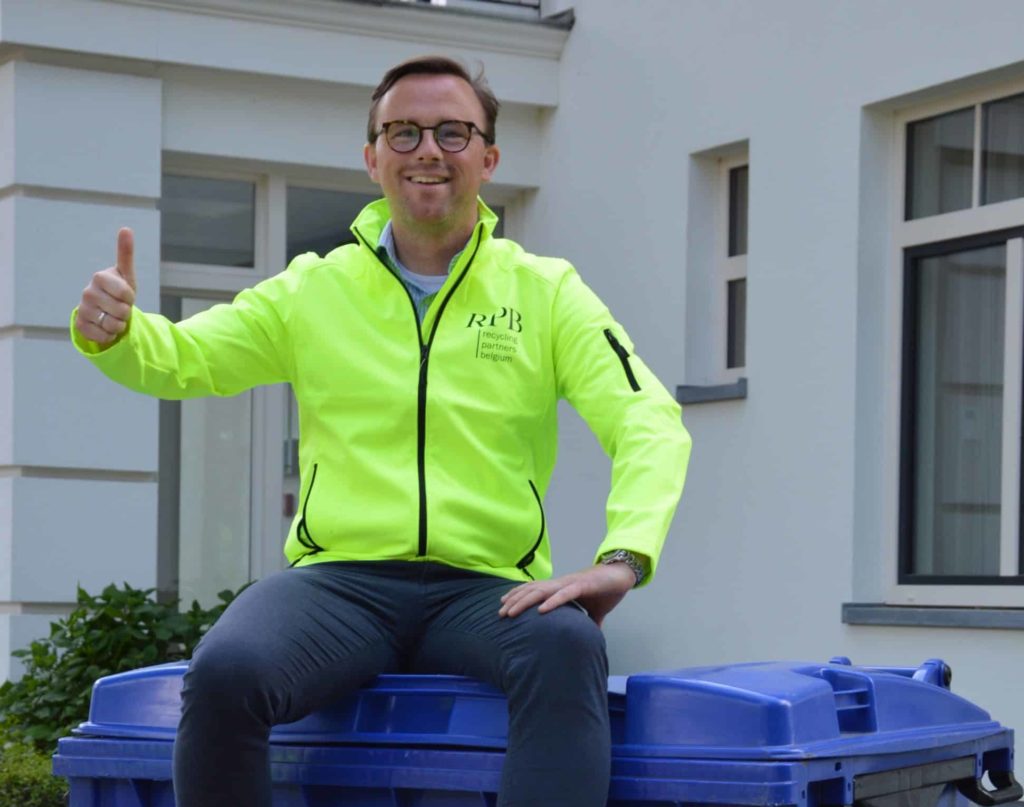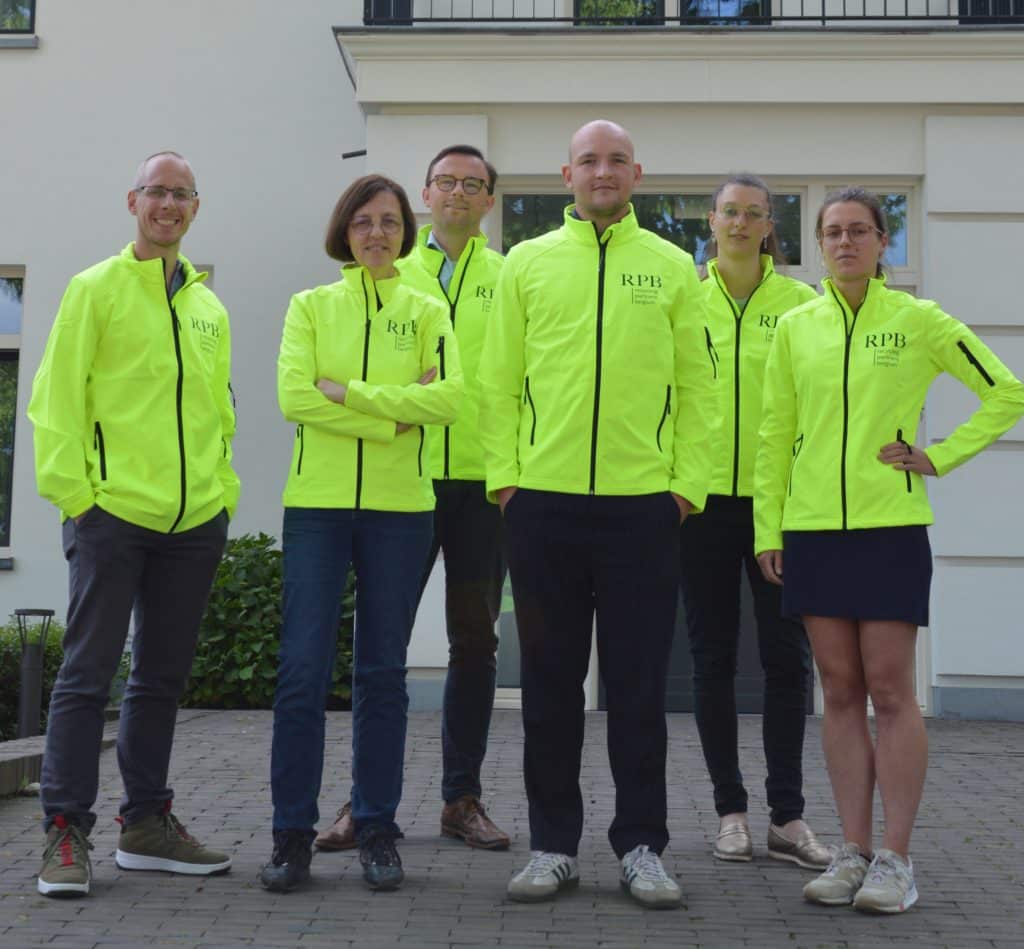
From Waste 2 Profit offers SMEs the opportunity to have their waste streams audited. But how exactly does it work? And what should you expect? We asked Stijn Smetsers of Recycling Partners Belgium BV (RPB), one of the appointed auditors. “The starting point is gaining insight: insight into volumes, materials, etc. so that you can manage things from there,” says Smetsers.
RPB focuses on waste and materials management for companies in Belgium. “What makes us unique is the fact that we not only provide advice, but also support companies in implementing it,” Smetsers explains. The focus is on the manufacturing industry, large retailers, logistics companies and recently also governments.
From waste scan to report
“We start with an introductory meeting, followed by a waste scan to identify optimisations. It consists of a physical tour,” says Smetsers. Questions to be answered include: How does waste arise in the company? What is the composition of the waste? And how does it get to decentralised waste bins? Who collects the waste and how is it processed? But analysis also happens at the policy level. Smetsers: “We check if there is a policy on sorting waste, if specific instructions are given or even if training is organised. In short: we map out the entire process.”
On the basis of this scan, a report is drawn up. “The greatest value of this report is in the data insight. Many companies have no idea how much waste they produce and what they can do with it. We offer access to that,” Smetsers says.
The more concrete the better
“In the report, there is a piece on legislation. In it, we cite concrete examples where we notice that the policy or practice deviates from legislation,” he explains. Furthermore, RPB maps out the commercial value of the waste and focuses on all opportunities available, from waste prevention through valorisation to CO2 savings. “We offer concrete solutions. Think, for example, of technical matters such as compressing plastic film so that it takes up less space and more can be transported, or proposals for sorting material even more efficiently so that new raw materials can be separated.”
Companies can use the report to make concrete improvements. RPB can provide help here too. “We will look for local partners to collect and process waste, for example,” Smetsers explains.

Prevention is better than cure
“Our golden tip: avoid waste. Because avoided waste does not need to be collected and disposed of…”, says Smetsers. “This is often easy to achieve. For example, make your purchasing manager aware of the need to be critical of how things are packaged, transported and imported. And by the way: don’t make it too complex for yourself. Start small by sorting a few materials.”